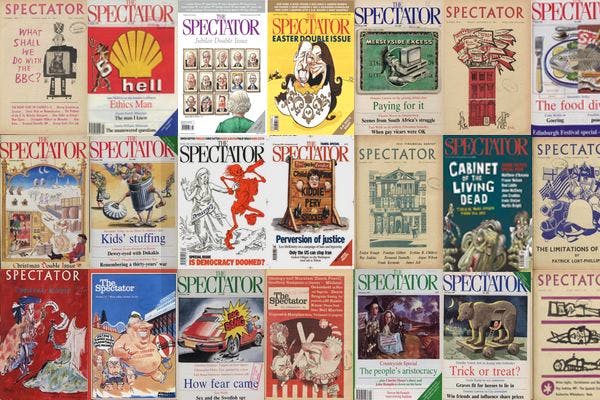Free trade hasn’t always been a British tradition. When the first issue of The Spectator hit the newsstands in July 1828, the country was firmly under the thumb of the Corn Laws. Introduced in 1815 to protect the vested interests of the land-owning classes, these measures propped up the price of British grain, artificially high since the disturbance of the Napoleonic Wars. Protectionism was proving profitable: in June that year, the palatial London Corn Exchange was opened; in July, Parliament readily approved the Duke of Wellington’s Corn Bill, which introduced a sliding scale of duties that continued to prohibit free access to foreign grain.
As an organ of Radical politics – the desire to prise the state from the grip of self-interested elites and govern it for the common good – The Spectator was feverishly involved in the battle for the Reform Bill. Its founder and first editor (1828-58), Robert Stephen Rintoul, realised that electoral reform was the gateway to a new era: the Bill’s passing, in 1832, ushered in the so-called ‘age of improvement’, a decade of transformative legislation – the Abolition of Slavery (1833), the New Poor Law (1834), the Municipal Corporations Act (1835), and the beginnings of governmental provision for health and education.

Britain’s best politics newsletters
You get two free articles each week when you sign up to The Spectator’s emails.
Already a subscriber? Log in






Comments
Join the debate for just £1 a month
Be part of the conversation with other Spectator readers by getting your first three months for £3.
UNLOCK ACCESS Just £1 a monthAlready a subscriber? Log in